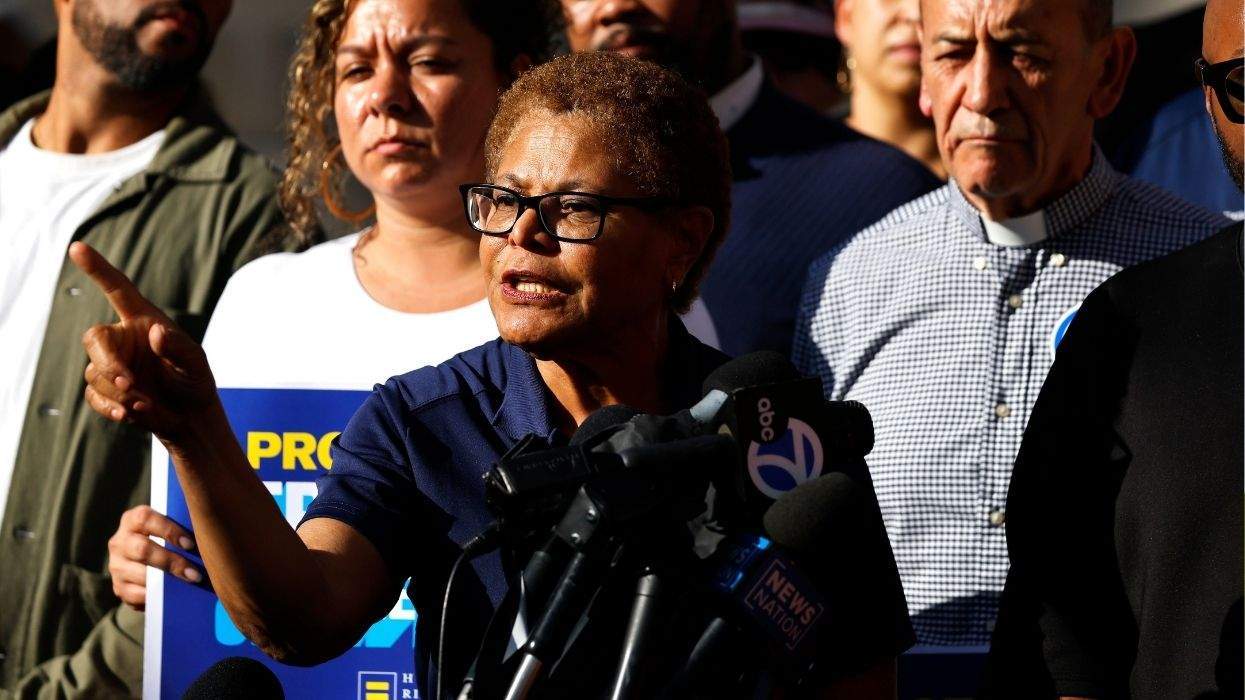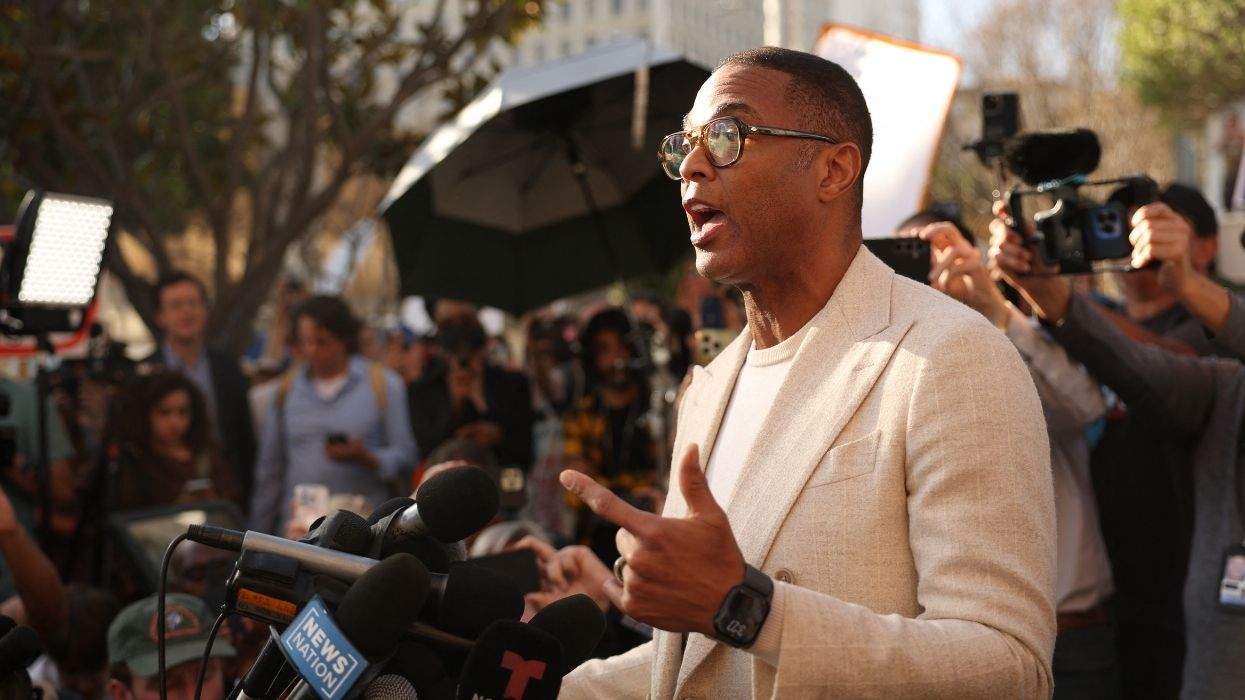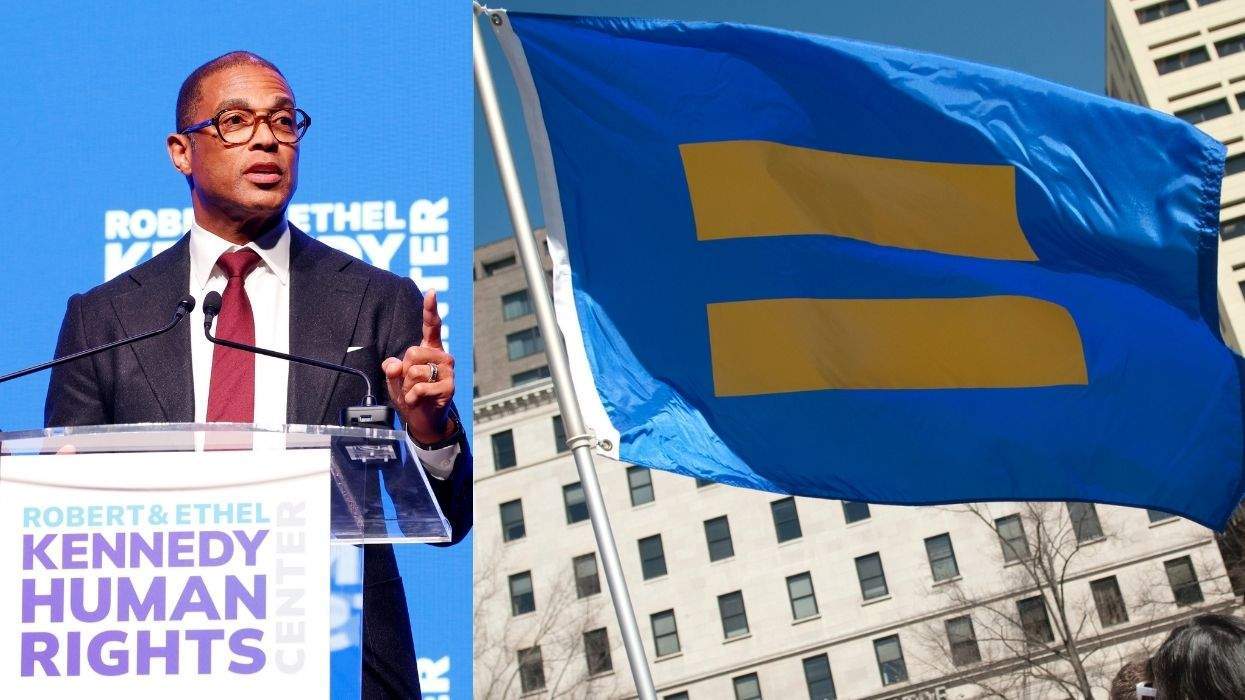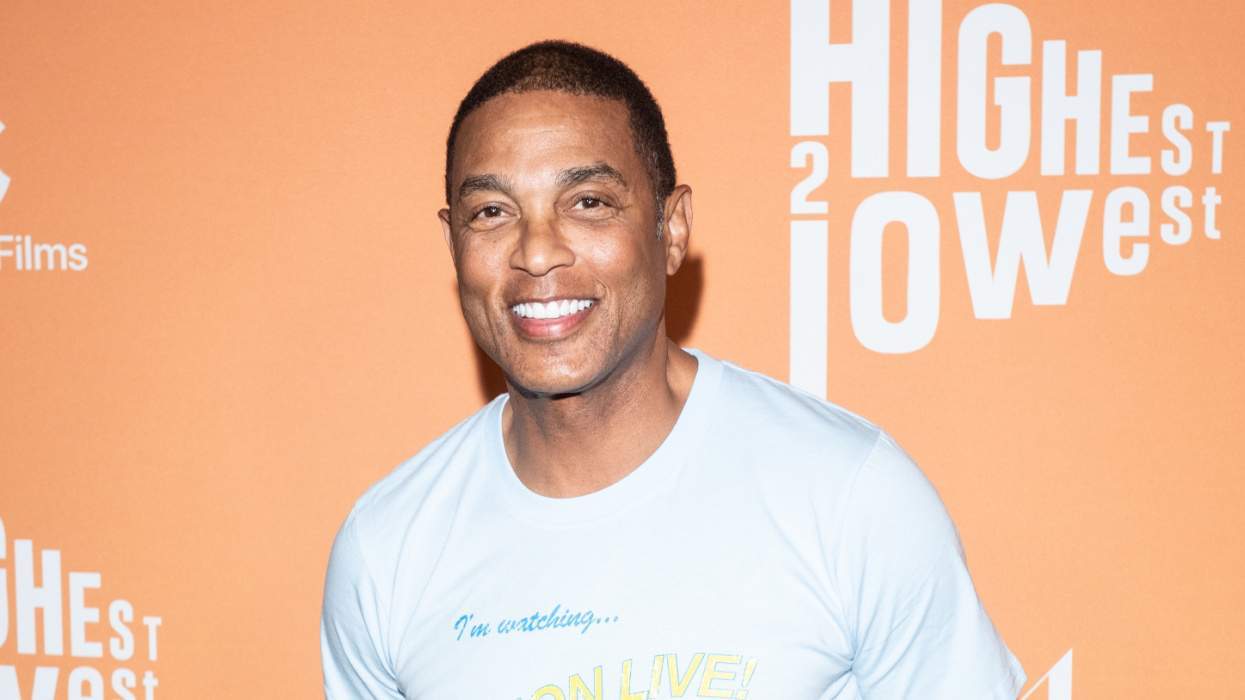The National Violence Against Women survey found that 21.5 percent of men and 35.4 percent of women living with a same-sex partner experienced intimate-partner physical violence in their lifetimes, compared with 7.1 percent and 20.4 percent for men and women, respectively, with a history of only opposite-sex cohabitation. Transgender respondents had an incidence of 34.6 percent over a lifetime according to a Massachusetts survey.
The CDC's 2010 National Intimate Partner and Sexual Violence Survey, released again in 2013 with new analysis, reports in its first-ever study focusing on victimization by sexual orientation that the lifetime prevalence of rape, physical violence, or stalking by an intimate partner was 43.8 percent for lesbians, 61.1 percent for bisexual women, and 35 percent for heterosexual women, while it was 26 percent for gay men, 37.3 percent for bisexual men, and 29 percent for heterosexual men (this study did not include gender identity or expression).
These studies refute the myths that only straight women get battered, that men are never victims, and that women never batter -- in other words, that domestic violence is not an LGBT issue. In fact, it is one of our most serious health risks, affecting significant numbers within our communities.
"Abuse is not about violence; it's about control," says Beth Leventhal, executive director of The Network/La Red in Boston. "You can be just as controlling of someone if you are small -- as if you're large. It's about using violence or any other means of gaining and maintaining control."
Myths about domestic violence, victims' fear and shame, a silence that stems from a desire not to harm perceptions of the LGBT community -- all these together contribute to making the problem invisible to others. Many people who are suffering either don't realize that they're in a terrible situation or don't know where to go or who to tell. They wonder who will listen, who will believe them.
But thanks to the combination of reports like these and, more important, as Leventhal notes, the Obama administration being active on LGBT issues, there has been increased funding at the community level for services to address LGBT concerns. Additionally, the Office on Violence Against Women, and the Family Violence Prevention and Services program have issued guidelines on how to specifically address LGBT issues and are required to make these services queer- and trans-embracing.
As Leventhal says, "We don't have to be perfect to have our rights. We don't have to live up to a societal expectation to be treated like human beings. We don't deserve to die."
The Network/La Red is based in Boston but offers help and specializes in LGBT concerns across the country. Its hot line is (617) 742-4911.















Charlie Kirk DID say stoning gay people was the 'perfect law' — and these other heinous quotes
These are some of his worst comments about LGBTQ+ people made by Charlie Kirk.